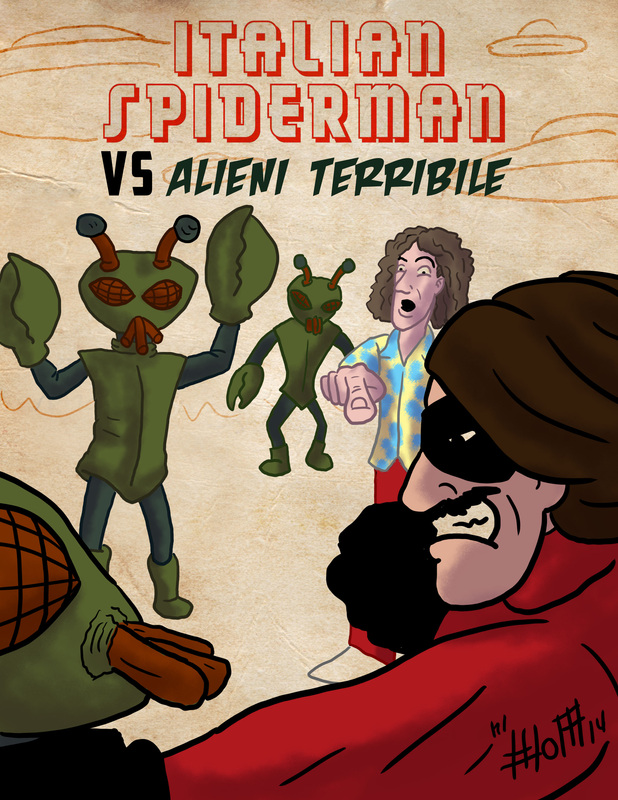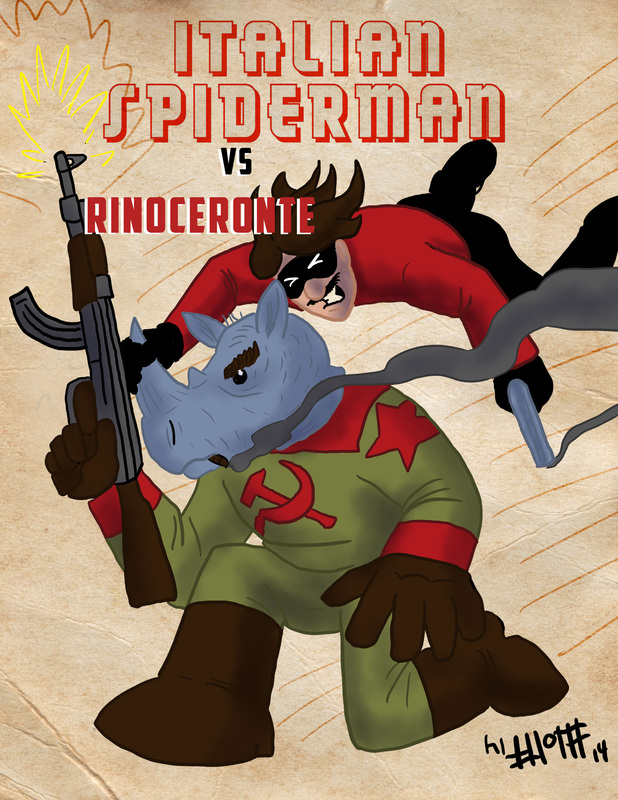I Read: The Golden Bough - A study in Magic and Religion by James George Frazer
Taking a completely different direction, This time around I have read an academic work, rather than fiction. and holy cow was it a long one. It's a work I have wanted to read for sme time, as one of my favorite thinkers, Joseph Campbell, cited it as a work that motivated his own scholarship. So with scholarship in mind, lets explore the relationship between magic, ritual, and religion.
The Golden Bough - A study in Magic and Religion by James George Frazer
The first thing I'll say is that this book really made me respect the amount of scholarship people of time gone by needed to know much about anything. The sheer amount of books and reading required to get all of his info together is staggering and is worthy of note. But enough about that.
The primary goal of the book is to understand the origin and meaning of a ritual that took place at a shrine of Diana on the mirror lake of Nemi near Rome. Associated with Nymphs, spirits, and the nature goddess herself, the primary ritual revolved around a figure who guarded a tree in the grove near the lake. He was called 'the King of the Wood.' His purpose was to protect the tree, and in some respect the shrine. He would do this until a challenger would retrieve a golden bough from the tree and then fight the king to the death. In doing so, the challenger would become the new King of the Wood until a challenger defeated him. It was this grim and mystic scene that caused Frazer to investigate, and try to pick apart the ritual in order to understand what it was and why it came about. What followed was an extensive list (700 pages!) of examples of various cultures and beliefs, charting the course from early man through the founding of civilization in order to define notions of magic, religion, and ritual. I won't be extensive in reciting his proofs. What I will do is mention the notions and ideas I found interesting, and the conclusions I found profound. The greatest of these was the foundational principles of Magic. They are:
The Law of Similarity - Like Produces Like. Effects resemble their cause.
The Law of Contagion - Things that have once been in contact continue to have contact upon each other at a distance.
It is these two beliefs which not only betray man's ever-present ego, but also show how a simple yet false assumption can have limitless effect on the world. With these two 'truths' in mind, ancient man saw that certain action yield related results, and used that simple logic, but expanded it into all of creation. It was correct, in noticing that winter followed autumn, so supplies or better lands were needed to survive. Also, if it rains a lot, plants grow more. But these notions were taken to odd and clearly misguided places (if you have sex in the fields when you plant them, you will have babies and lots of corn/If a wife opens anything while her husband is away hunting, this will 'open' any trap set for prey and they will catch nothing/if you don't perform certain rituals, the sun won't rise in the morning.)
In this respect, everyone was a magician, as all had the ability to perform certain rituals and cause certain effects. When spells didn't work, it was blamed on another person working against you who had stronger magic. And since the notion of some people being better at it than others, the first sorcerers/shaman appeared.
These magicians were looked to for food, rain, healing, and luck. They were often the developers of new, more effective means of controlling the world, and were the investigative minds of their age. Wizards and mystics had advanced places in society because they served the public good. They were rain makers and helped provide for the good of the tribe. That gave them power. The Priest, the sorcerer, and the King were once one. The path of ascension is as follows.
- Wizard~Gains power and reverence~Becomes Chief.
- Chief~Gains possessions~becomes King.
But, upon noticing that magic does not work on its own, assumptions that some other force or personality was at work arose. This is where the gods came from. If the elements could not be commanded by simple actions, then they must be subject to influence. If they are subject to influence, then they must be similar to humanity itself, only more powerful, as they control the weather and seemingly the fortunes of men. The elements must be under the control of personalities, as man asserts control over itself. See what I mean about the Ego of Man.
This is how the sorcerers became priests, interceding on behalf of the powerful personalities that control the world. Gods were little different than mortal sorcerers, simply invisible versions. They were still capable of the same powers, as well as susceptible to coercion. But to common people, the priests were not just more effective magic users but cohorts with the gods. This is the birth of religion. In later centuries, religion disliked magic because it did not require god to intercede in people's lives. They could do it themselves.
The age of magic followed scientific logic of cause and effect. Its most praised sorcerers are the predecessors to today's investigators of the workings of the world: Scientists. The difference is, they have ditched the false assumptions of magic, aside from the basic premise of cause and effect, though effects don't have to resemble their causes anymore. Its not hard to see how humaity developed these ideas though, or how it morphed into religion. Frazer puts it pretty nicely:
Magical assumptions stem from logic that even animals must have on some level. It takes consideration to invent God.
Comparing obstinate faith that magical actions cause the sun to rise and religious claims, they look pretty similar.
But back to the Golden Bough. So what does it all mean? Here is the gist.
The "King of the wood," is the priest/magician of the shrine, and protector of a sacred tree.
That sacred Tree is a manifestation of Diana, a nature goddess.
The "King of the Wood" is the consort of the goddess, and her defender.
When a challenger comes, he faces the old king.
If he dies, it means that he was too weak to do his duty.
The Golden bough that the challenger first retrieves, is a receptacle for the King's soul.
That's right, the golden bough is a horcrux.
The mantle of the King, an even their spirit, is transfered to the challenger, and they must protect the grove.
For if the grove dies, the goddess will no longer provide for the people.
I think that's pretty cool.
After all of it is done, it was an interesting book, but hard to get through. Mountains of examples aside, the man did seem to look down on non-european cultures. He used terms like 'savage,' 'rude,' 'barbarian,' and the like interchangeably. Some of his scholarship seems to make big assumptions, but nothing too illogical. He connected the bonfires of ancient nomads and the fire of the vestal virgins to the use of votive candles by catholics. The healing waters of Egeria and Nemi are no different to the healing waters near the shrines of Saints and other sites in all modern religions. It makes sense if the belief in such ridiculous things is part of our cultural heritage from the beginning.
To leave off, I'll share a few choice quotations from the book.
More mischief has probably been wrought in the world by honest fools in high places than by intelligent rascals.
Religion is a sleeping threat underlying everything that can undermine all progress. It is a standing menace to civilization.
and
In the fight between 'the impulsive energy of the minority or the deadweight of the majority of mankind', which is the stronger force?
 This guy has often referred to as the King of Comics, and by gum, he may just be that! 1936 was the year he entered the scene, and even then so much promise could be seen in his work. He worked as an animator, did weekly strips, but eventually he got to do what he was meant do; epitomize comic book storytelling. Creating great characters and stories for both Marvel and DC comics, without a doubt, he left an enormous impact on the art form.
This guy has often referred to as the King of Comics, and by gum, he may just be that! 1936 was the year he entered the scene, and even then so much promise could be seen in his work. He worked as an animator, did weekly strips, but eventually he got to do what he was meant do; epitomize comic book storytelling. Creating great characters and stories for both Marvel and DC comics, without a doubt, he left an enormous impact on the art form.







